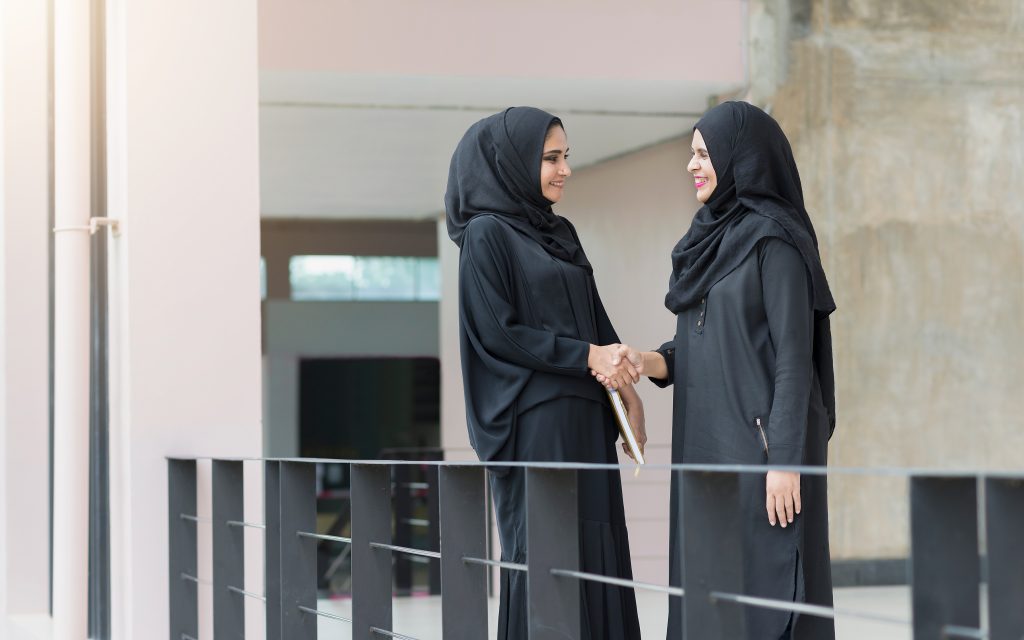Saudi Arabia’s Foreign Minister, Prince Faisal bin Farhan, is anticipated to engage with Pakistani leadership including the prime minister and key figures spearheading investments today, following his arrival on Monday for a visit focusing on strengthening economic relations and advancing prior investment agreements. The minister’s trip to Islamabad takes place shortly after a reaffirmation of Saudi’s $5 billion investment intent by Crown Prince Mohammed bin Salman during his meeting with Prime Minister Shehbaz Sharif in Makkah.
The Pakistani foreign office notes that Prince Faisal is slated for meetings with the Pakistani PM, president, and the Special Investment Facilitation Council’s apex committee members, a body established to monitor foreign investments. The foreign ministers of both nations are scheduled to jointly address the press following their meeting at 4pm.
“A week subsequent to Prime Minister Shahbaz Sharif’s Saudi visit, a prominent Saudi cohort arrives in Pakistan,” communicated Pakistan’s information ministry, indicating consultations on forthcoming investment phases and execution matters. They highlighted that the investment in the Reko Diq mining venture will be a discussion point during the visit.
Reports from Pakistani state media suggest that Saudi Arabia might channel $1 billion into the vast but untapped Reko Diq gold and copper mines in Balochistan. Riyadh’s investment interests span across agriculture, commerce, energy, minerals, IT, transport, and more, promising to bolster Pakistan’s exports, initiate joint ventures, and forge new opportunities.
“WELCOMING STEP”
The Kingdom, hosting over 2.7 million Pakistani expatriates and being the leading remittance source, shares profound trade, defense, and cultural bonds with Pakistan. Former diplomats and analysts view the visit as an indication of ever-strengthening bilateral ties.
“This high-powered delegation, led by the Saudi foreign minister, is singularly investment-focused,” remarked Javed Hafeez, a former Pakistani diplomat. He underscored Saudi’s signal to expedite the $5 billion investment in Pakistan, with the delegation exploring various avenues to swiftly actualize these pledges.
Aizaz Ahmad Chaudhry, Pakistan’s ex-foreign secretary, described the visit as ‘very significant,’ welcoming the Saudi investment as a positive stride in the Saudi-Pakistani camaraderie. He assured that investments under the SIFC’s aegis would be secure, further cementing the countries’ relationship.
With a pressing need to boost its foreign reserves, Pakistan seeks to demonstrate to the International Monetary Fund (IMF) its viability for continued foreign financial assistance, a fundamental aspect of past bailout agreements. Pakistan’s finance minister, Muhammad Aurangzeb, is concurrently engaging in dialogues at the IMF and World Bank spring meetings in Washington, discussing a new financial support program as the current loan deal nears its end.
Historically, Saudi Arabia has been a consistent benefactor for Pakistan in times of economic distress, offering oil on deferred payments and direct monetary aid to stabilize its economy. Nevertheless, last year, Saudi’s finance minister announced a shift from unconditional grants and deposits to conditional assistance, emphasizing the need for reforms.
“We are taxing our people, expecting others to do the same,” said Finance Minister Mohammed Al-Jadaan, stressing the importance of recipient countries’ efforts in reforms. Following this trend, Gulf states like Saudi Arabia, the United Arab Emirates, and Qatar are increasingly opting for investments over direct financial assistance.
